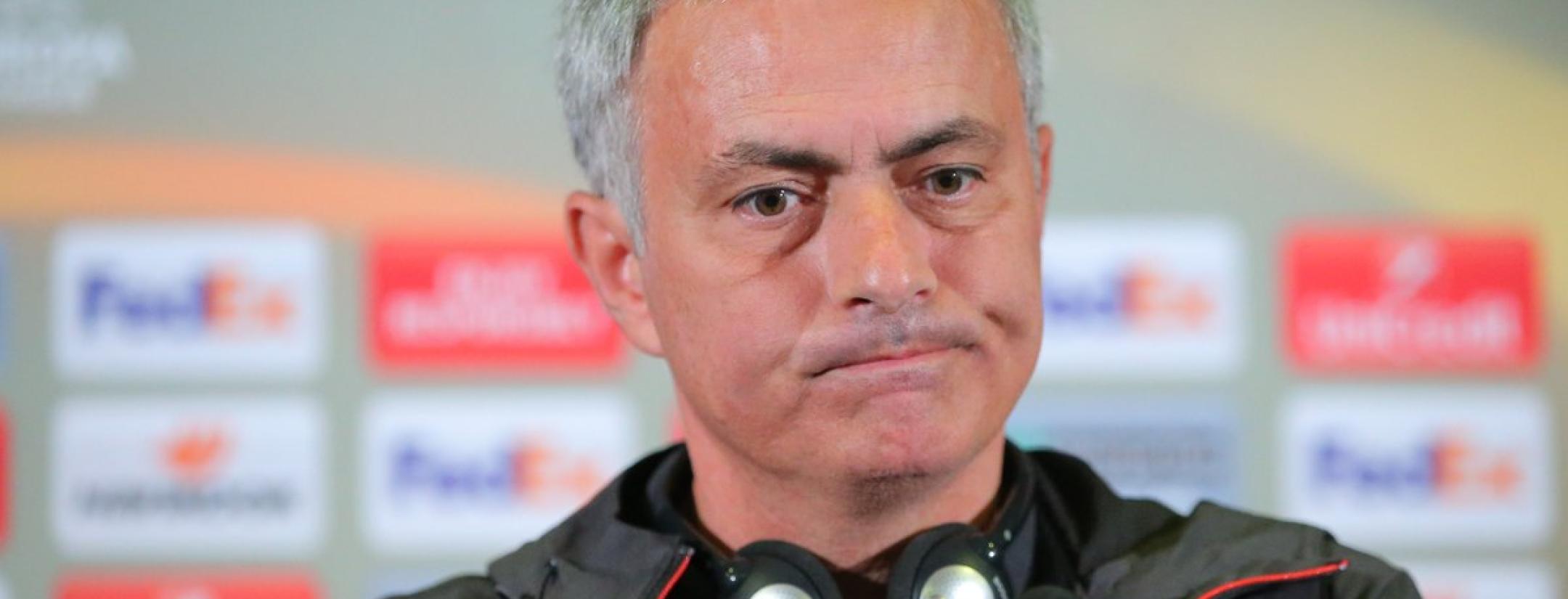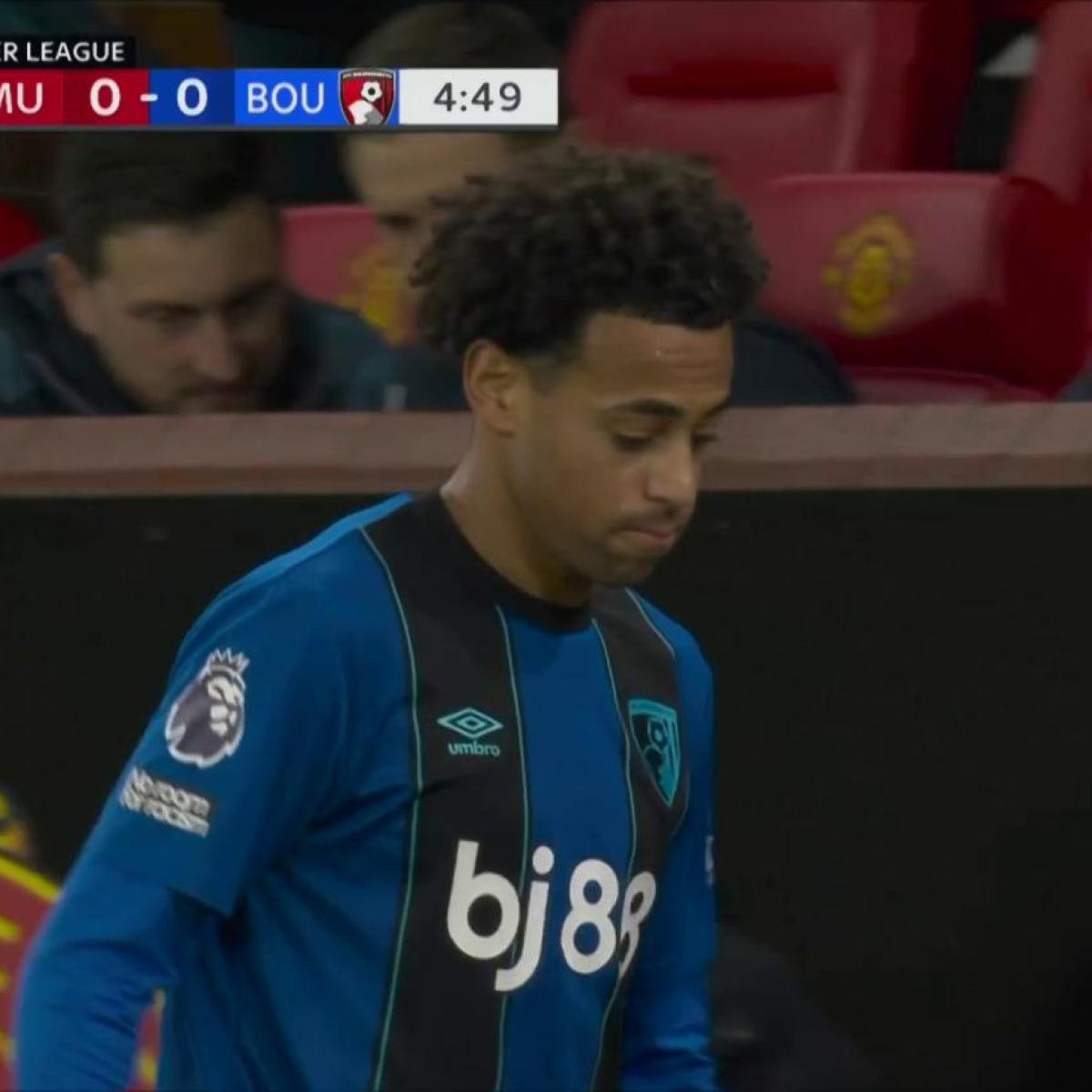The sharp decline in Jose Mourinho’s career over the last 12 months is undeniable. As a measure of his drop-off, consider the following: In the Portuguese’s first 130 games as a Premier League manager, he lost just a dozen times. It’s taken him just 25 further matches to double that tally.
Many are suggesting that football has moved on from Mourinho, that other, more vibrant managers such as Jurgen Klopp, Pep Guardiola and Mauricio Pochettino represent the new frontier of the game. The Gegenpress and Tiki Taka are the future, while Jose’s brand of muscular pragmatism has been consigned to the dustbin of history.
But energetic, attacking football existed in the mid-2000s when Mourinho was grinding out titles at Porto, Chelsea and Inter, and it very definitely existed in the shape of Guardiola’s Barcelona when Mourinho lifted the 2011-12 La Liga title with Real Madrid. Arguments that the game has left Mourinho behind overlook the fact that the Portuguese’s salient quality as a manager isn’t his tactical acumen or style of play, but his man-management prowess.
The standout feature of a winning Mourinho team is his players’ willingness to run through brick walls for their manager. On fire. While listening to Taylor Swift.
No, it’s not a new generation of football that’s leaving Mourinho behind, but a new generation of footballers. Fundamentally, Jose Mourinho is a Gen X manager in an increasingly Millennial world.
Consider the following core values and attributes of the typical Generation X’er, born sometime between the late 1960s and early 1980s: cynicism, pragmatism, focus on results, rejection of rules, anti-establishmentism, angry but don’t know why, functional, efficient and blunt.
Remind you of anyone’s management style?
Mourinho’s most successful squads were built on a core of Gen X-ers who represented his values both on the pitch and in the dressing room: Frank Lampard (1978), Didier Drogba (1978), Ricardo Carvalho (1978), John Terry (1980), Marco Materazzi (1973), Lucio (1978) and Pepe (1983) to name just a few. Yes, there were younger players in his squads, but they were led by this core.
Unfortunately for Mourinho, this generation of players are now either long past their prime or have retired (or, if playing MLS, both). The core of his squads are now comprised of players who no longer share the same values as the Gen X-ers who preceded them. Millennials such as Marcus Rashford (1997), David de Gea (1990), Paul Pogba (1993) and Chris Smalling (1989) are optimistic, spiritual and tolerant. They want to have fun, be respectful and polite.
Accusing a referee of cheating would rally his Gen X-ers, but it repulses his Millennials. They respect authority, and want to look up to their elders.
Pitch-side scuffles would be lapped up by his former players, but his new charges look on bewildered by the actions of the man they feel should be setting a moral example.
A forthright, expletive-laden exchange of views would be accepted by the likes of Terry and Drogba, but a Rashford or a Pogba wants to be loved.
Football hasn’t overtaken Jose Mourinho, but a new generation of footballers no longer respond to his particular brand of acerbic man-management. His antics are losing him the dressing room, as happened last season at Chelsea and as rumoured to already be happening at Old Trafford. Unless he finds a new way to communicate with his touchy-feely millennial stars, the Portuguese’s days at the top of the game may well be numbered.




